-
Recent Status Updates
-
I'm going to buy a car in SL for 2 mil while being in Germany. Then I'm going to put up a public raffle draw and pick one lucky winner to gift that car when I have 600 participants registered in the raffle draw. Registration fee for each participant is Rs. 5000/-· 3 replies
Why didnt I think of this before
-
So for a spirited convo like this old times; ?BYD· 7 replies
My father has gone ninja about getting one, despite being the new hype/fad here these are common across the world and I've seen a few cross 100,000km in Nepal and Australia.
Seal - Looks nice, very premium interior but too low for my applications
Sealion - Very Premium, feels very well built, BUT that 1.5L on that reasonable chunk of car with a measly 18KW battery seems like a recipe for trouble, incase they sink in value at least the fuel economy must justify that (They say it's a BYD engine - though the lore is it is a hyundai engine)
Atto 3 - Most sold from their lot apparently, common af, Seems to be the best bang for buck IMHO, Its electric since BYD is famed for that, Interior is kinda good, the thing is larger than a vezel but not too large like the Sealion, cheap mobility I guess with less things to go wrong
Dolphin, almost a smaller atto and again too car like and not suited for my application.
JK nailed it on the price and distribution but the only guaranteed thing here is the lot are gonna muck up the aftersales. The Kandy center staff behave like the crew from a Govt. post office.
What are your thoughts and opinions? Could this be the next Wagon R or is this a passing fad like the Micros of 2000s-2010s?
-
Saw a Presea in my dreams for the past 3 days. Its so unfortunate that there are no Presea's in Germany 😕· 3 replies
-
-
Albums
-
Giko's Clicks
- By Giko,
- 0
- 0
- 130
-
Car Culture Motor Show 2025 (May 3rd)
- By Giko,
- 0
- 0
- 14
-
SR Motor Show 2023 (Dec 23rd)
- By Giko,
- 0
- 0
- 13
-
Katukurunda Speed 2022 (Dec 4th)
- By Giko,
- 0
- 0
- 13
-
Street2Track Mirigama 2022 (Sep 17th)
- By Giko,
- 0
- 0
- 26
-
-
Blog Entries
-
Recent Topics


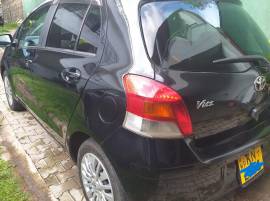
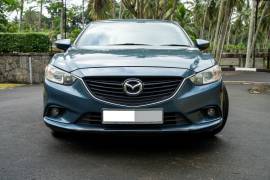
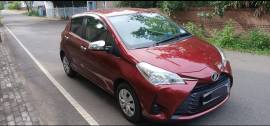

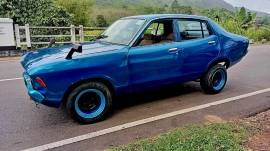
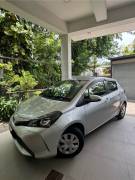



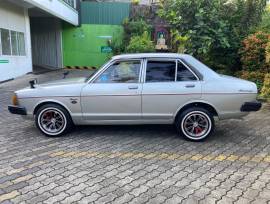
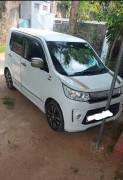
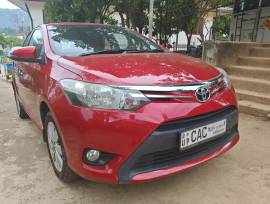














Recommended Posts
Join the conversation
You can post now and register later. If you have an account, sign in now to post with your account.